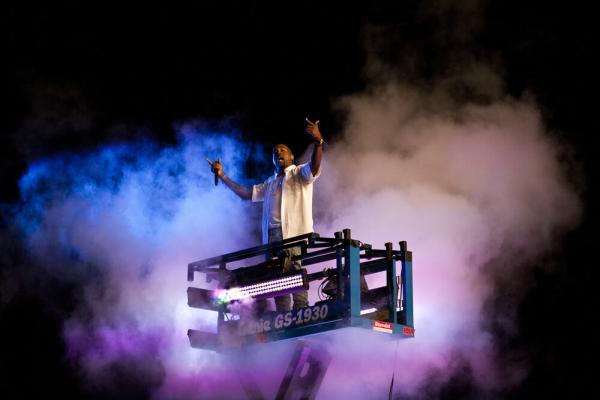Oct 28, 2019
Kanye West draws upon the storied history of black communal worship and gospel music.
Read the Full Article

Already a subscriber? Login

Kanye West draws upon the storied history of black communal worship and gospel music.
